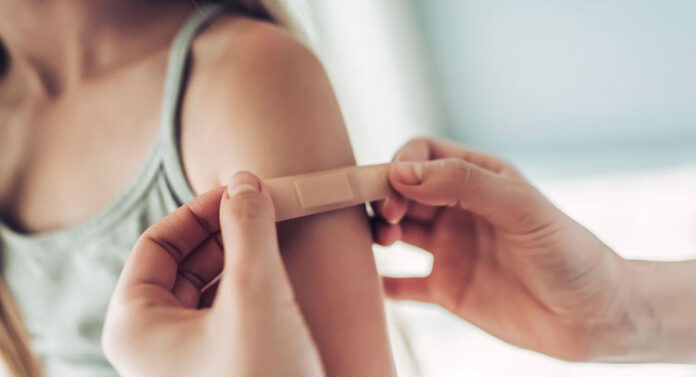
Wounds and cuts can occur for several reasons and get infected. Some people may suffer from them more than others due to slow metabolism. Here, we will discuss some ways to naturally treat infected wounds.
Red light therapy and various other home remedies can help in treating wounds. However, home remedies can work slower, and some people may be allergic to these remedies. Some prominent home remedies are aloe vera, turmeric paste, honey, garlic, and essential oils.
Let’s discuss them in detail.
Red Light Therapy
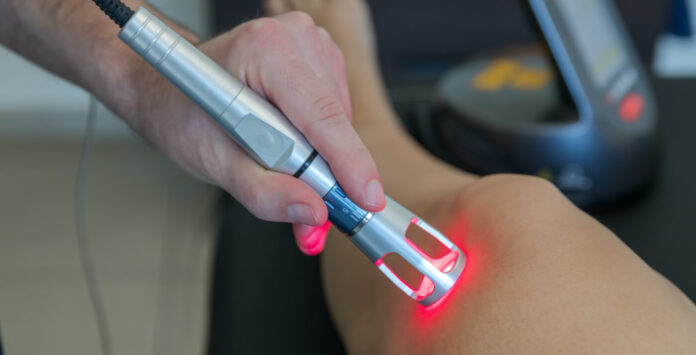
Natural light influences the body’s metabolism to induce rapid healing. However, for numerous reasons, one may not be able to get the necessary light to heal wounds. In such cases, red light therapy can be quite helpful in treating wounds that won’t heal naturally.
This therapy was developed to help astronauts to heal quickly while in space. However, the effectiveness of this therapy has rapidly made it a household name.
Red light therapy influences the cellular activities to repair damaged cells and help them replicate growth. Additionally, red light wavelength influences vitamin D production and energizes white blood cells to battle against harmful bacteria. Thus, the infected wound can get healed quickly.
Aloe Vera
Aloe vera is a succulent that grows in arid climates and is related to cacti. It is a rich source of essential nutrients like vitamins and minerals.
Glucomannan, found in aloe vera, helps with cellular regeneration and healing processes. It helps the body to produce collagen protein to promote healing.
Numerous studies have shown significant evidence of aloe vera’s healing properties. It is even used to treat first and second-degree burns in some cases. The aloe vera gel helps the skin to retain moisture, helps with skin integrity, and eases inflammation.
One will need to apply a thin aloe vera gel layer to the infected area. If needed, one can soak a bandage in this gel and then dress the wound for rapid healing.
Turmeric Paste
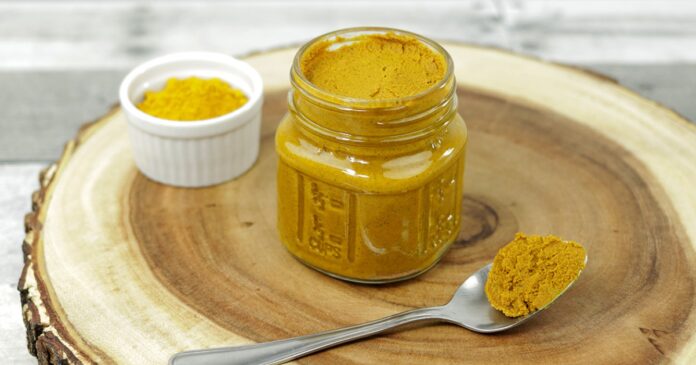
Turmeric paste is great for a whole host of conditions. Turmeric is a plant-based spice containing curcumin. Curcumin has anti-bacterial, anti-inflammatory, and antifungal properties.
The curcumin found in Turmeric has some great antimicrobial components, and it also has natural anti-inflammatory properties. Numerous researches have been done to understand the wound-healing properties of turmeric. It has been shown that curcumin stimulates the growth factors of the healing process.
Therefore, it accelerates the wound restoration process. Research conducted in 2018 was also able to show that turmeric may also have components that are anti-infectious.
One thing to note is that turmeric has been used extensively in studies with animals. However, it has not been that widely tested on humans, especially how it can help deal with wounds. Finally, make sure never to take supplements of turmeric directly by mouth. This can potentially lead to some bleeding risks.
Also, curcumin influences the differentiation of fibroblasts into myoblast to increase the healing rate. When paired with collagen production, skin cells can easily resist infection-making bacteria.
One can mix turmeric powder with warm water to make a paste and apply it to the wounded area.
However, it is not recommended to use on open injuries. This remedy should only be used on closed, minor wounds.
Honey
Honey is rich in antioxidants, bacteria-fighting agents, and anti-inflammatories, all of which provide several health perks. People have been using the substance in traditional wound healing recipes for a long time now.
Research shows that honey has a unique ability to improve wound healing rates. It assisted in reducing scarring as well as inhibiting bacterial growth in cases of acute wounds and burns.
Honey healed partial-thickness wounds more effectively than other treatments. However, it was found to cause more infections in post-operative wounds than traditional treatments. Medical honey can be used to treat minor and major wounds with the doctor’s or healthcare professional’s instructions.
Garlic
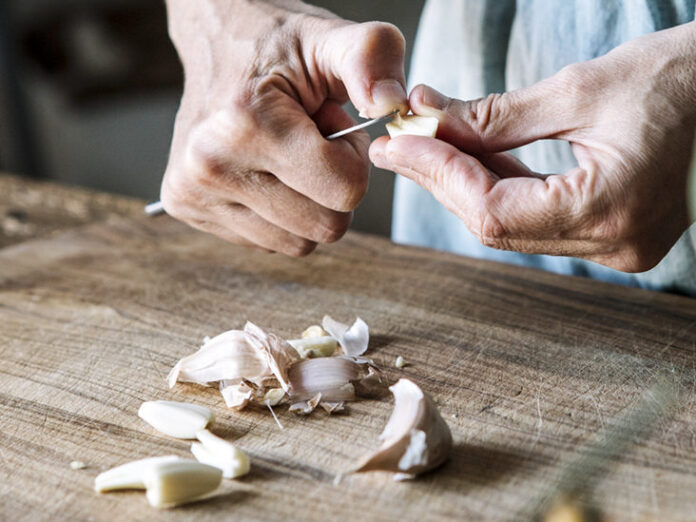
Allicin, the active compound in garlic, has potent antimicrobial and anti-inflammatory effects. Several clinical trials have been conducted to assure the wound treatment efficiency of garlic. Depending on the dosage, the aged garlic extract has shown excellent potential in treating wounds.
One will need to crush garlic cloves to get the garlic extract. Then this extract can be used to help in healing wounds faster.
Essential Oils
Different essential oils can help in treating wounds faster. Lavender oil, coconut oil, and marigold extract are excellent candidates to use for treating wounds.
Lavender has been shown to have wound-healing benefits as well as antimicrobial and antibacterial properties. One will need to dilute this oil with a carrier oil like almond oil, jojoba oil, or olive oil to use it properly.
Marigold extract has antibacterial and anti-inflammatory properties while stimulating collagen production. However, some people may be allergic to marigolds.
Coconut oil contains monolaurin fatty acid that can help with antimicrobial properties. Therefore, the infections and the wound can be healed quickly.
Marigold
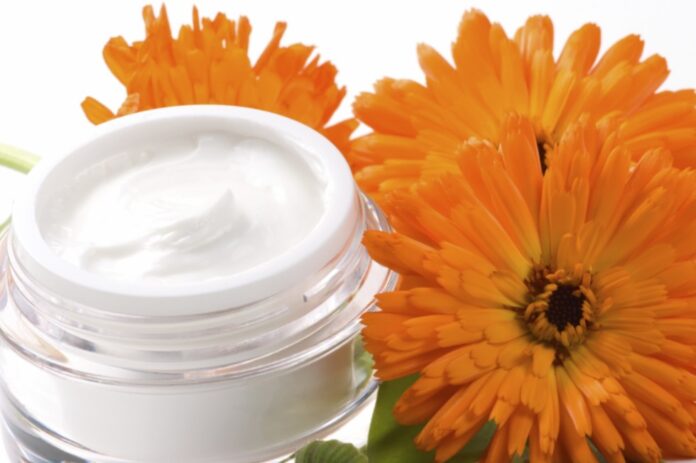
Research conducted in 2016 was able to show that marigolds can stimulate the production of collagen. It can also have very positive effects on antimicrobial properties and anti-inflammatory properties.
Marigold is typically found in a lot of ointments. You can also use brewed tea bags and apply them to the wound. You should try it out with a small amount to test and see if you have a Ragweed allergy.
Bottom Line
There are several natural remedies to help one with healing infected wounds. Any of the above-mentioned procedures can be used to heal wounds faster.
Upon reviewing all the procedures, we are partial to red light therapy. It is the most natural process and has no drastic side effects. Also, it can trigger several other health benefits to help users.
However, if a wound gets infected and is not healing, consult a doctor as soon as possible. It can be a sign of additional health risks.
Read More: https://platinumtherapylights.com/blogs/news/wounds-that-wont-heal











